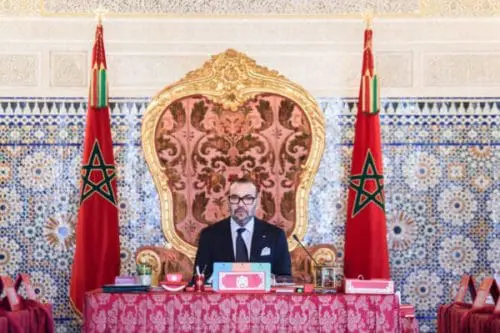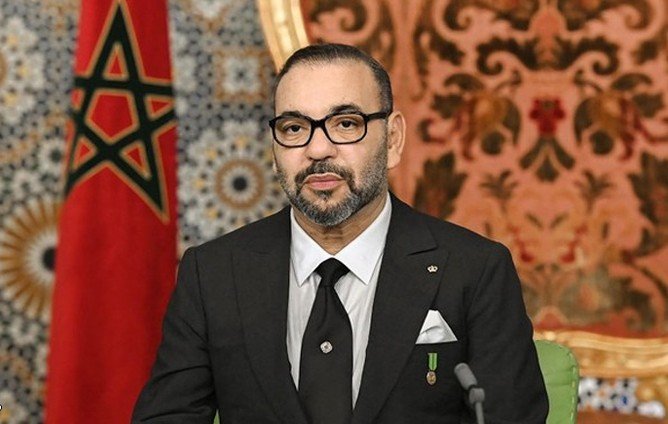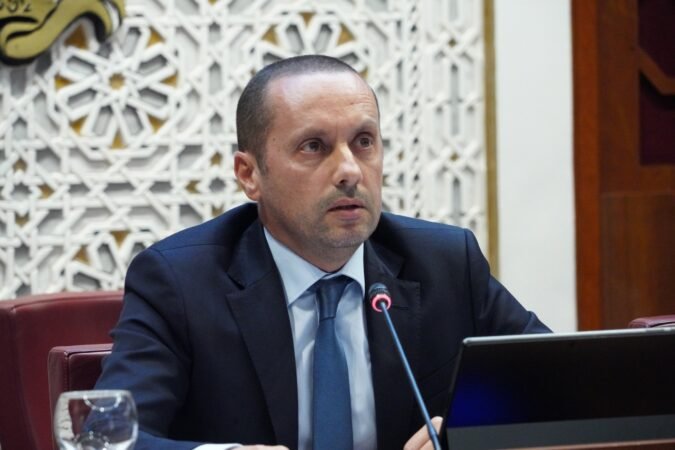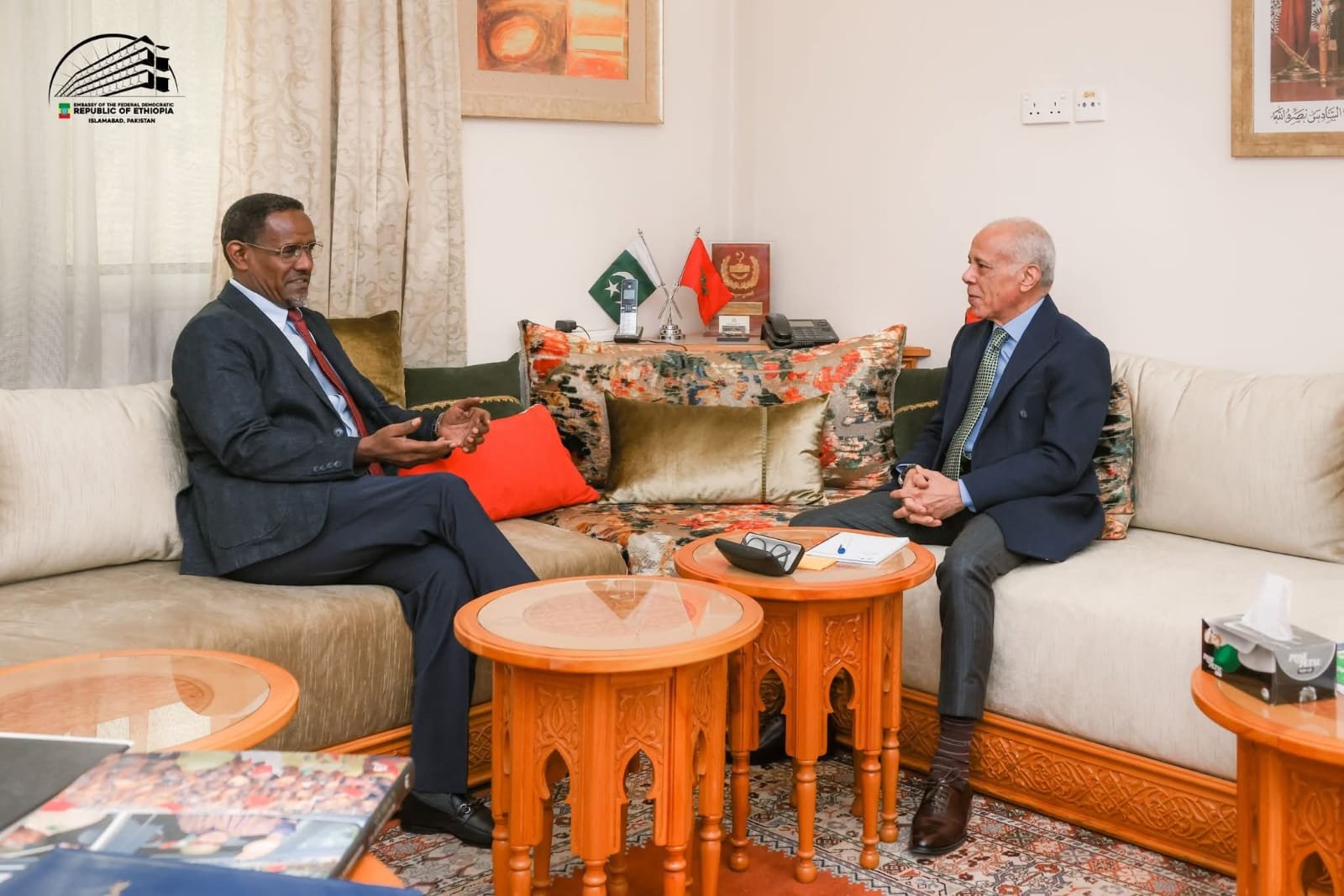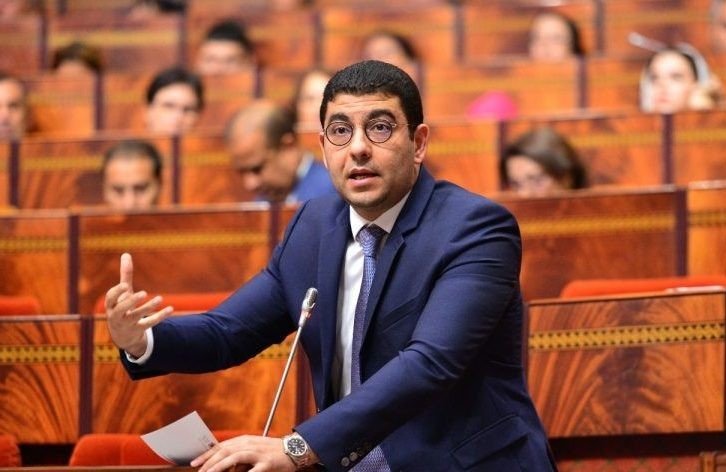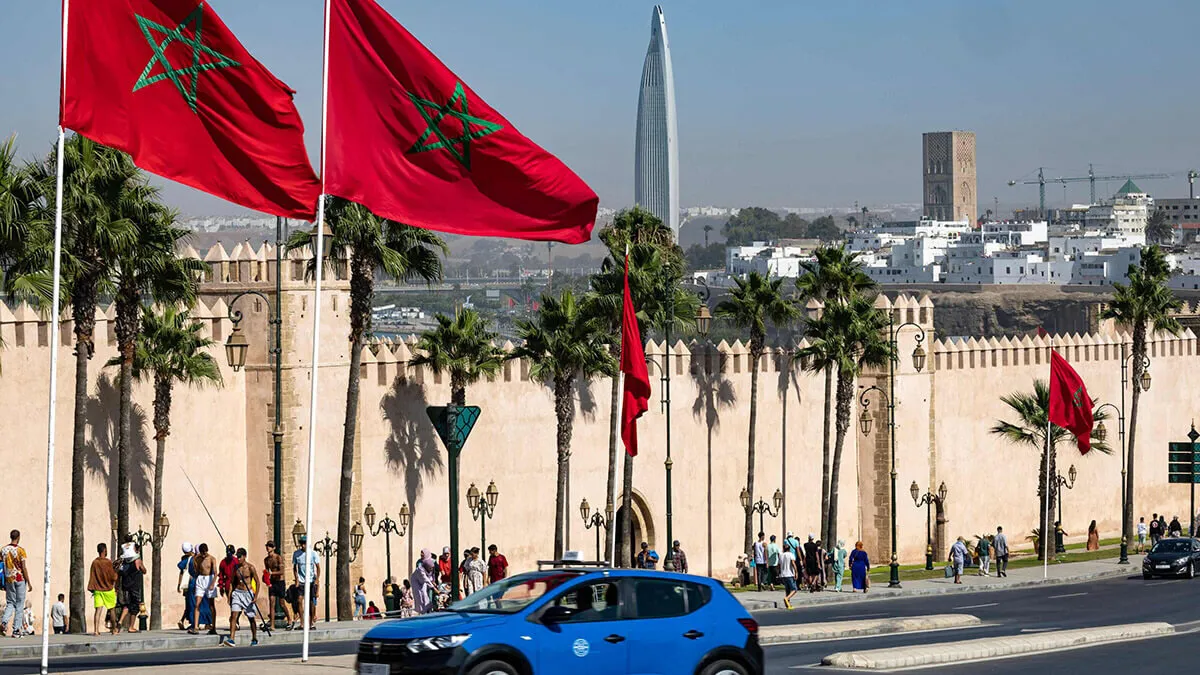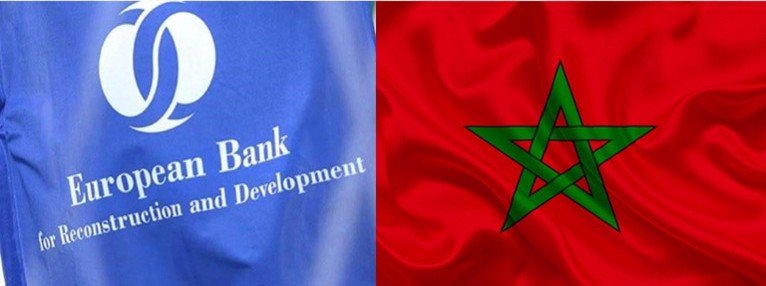Rabat, October 21, 2025 — The Europe Today: Following the Council of Ministers chaired by King Mohammed VI on Sunday, Head of Government Aziz Akhannouch led a government meeting to discuss and approve the Finance Bill for the 2026 fiscal year, along with a series of accompanying measures.
According to a statement from the Ministry Delegate in charge of Relations with Parliament, the government began its session by reviewing and approving Finance Bill No. 50.25 for the 2026 fiscal year, presented by Minister of Economy and Finance Nadia Fettah Alaoui.
In addition to the Finance Bill, the government approved several related decrees. These include Decree No. 2.25.851, delegating authority to the Minister of Economy and Finance for domestic borrowing and the use of financial instruments; Decree No. 2.25.852, authorizing external financing; and Decree No. 2.25.853, empowering the minister to sign loan agreements for external debt repayment and to manage interest rate and currency risks.
These approvals are part of the government’s broader efforts to prepare Morocco’s financial and economic framework for the upcoming fiscal year.
Earlier, King Mohammed VI presided over the Ministerial Council at the Royal Palace in Rabat, where he reviewed the general guidelines of Morocco’s 2026 Finance Bill. The draft law, presented by Minister Fettah, aligns with the King’s directives and recent royal speeches, reflecting the national vision of “Emerging Morocco.” It seeks to integrate economic growth, social justice, and territorial development.
Key measures under the Finance Bill focus on stimulating domestic and foreign investment, supporting very small, small, and medium-sized enterprises (VSMEs), and implementing regional development programs aimed at job creation, education and healthcare improvements, and modernization of underdeveloped regions.
Social protection remains a central pillar of the bill, with provisions for increased child allowances, support for orphans, expanded retirement and unemployment coverage, and continued housing assistance. The Finance Bill allocates MAD 140 billion (approximately USD 15 billion) to health and education, covering new hospital projects, university hospital expansions, and preschool development.
Furthermore, structural reforms within the bill aim to enhance public enterprise performance, modernize the judiciary, and strengthen governance through accountability and results-oriented management.
During the same session, the council also approved a number of organic laws, military decrees, international agreements, and high-level government appointments, underscoring Morocco’s commitment to comprehensive national development.
